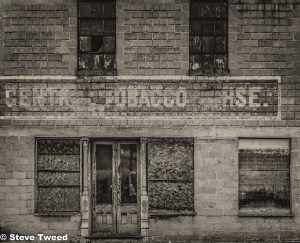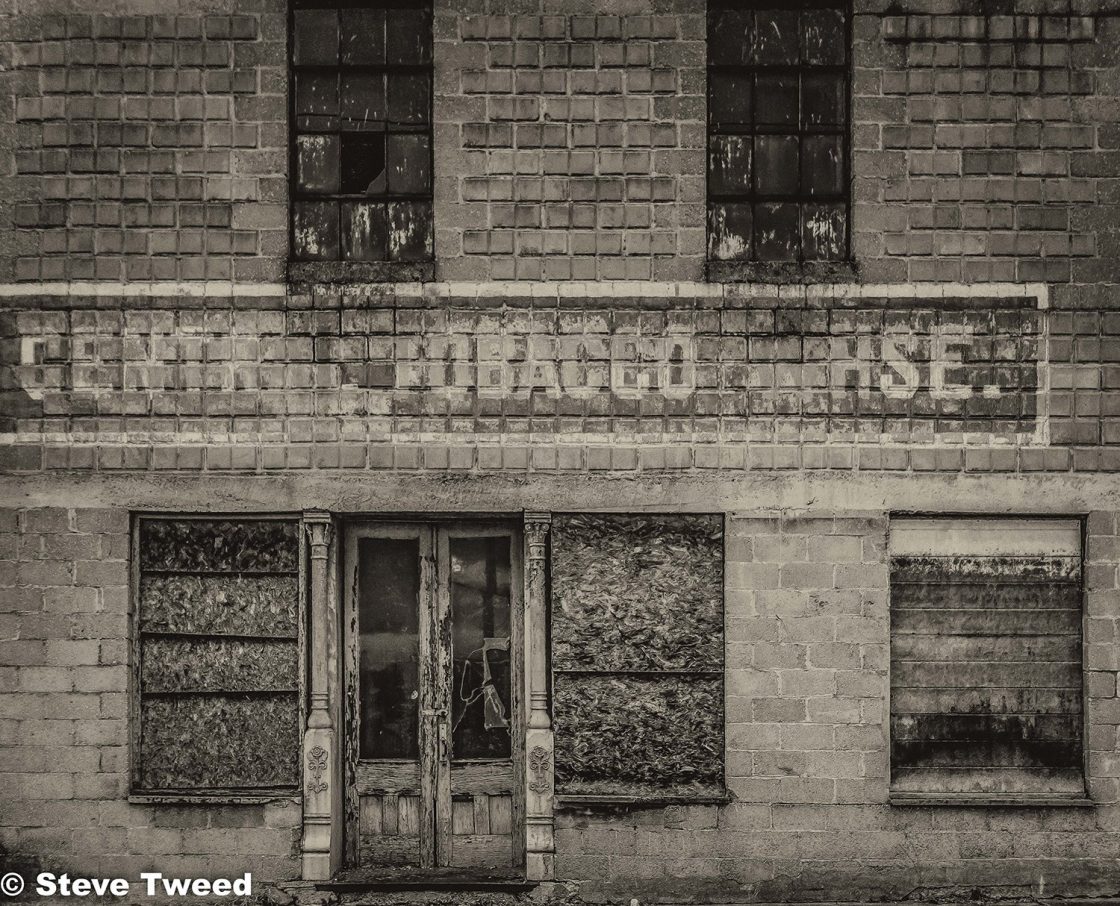Hello, Folks.
Years ago, the most critical day of the year for most Appalachian Farming Families was the day when they took their tobacco crop to market.
This was the day of year when hope was placed in the hands of bidders from huge corporations such as R.J. Reynolds and Brown & Williams, among others.
 Usually taking place from mid-November through the first of the year, a good price-per-pound bid meant the difference in paying off the current years debt and buying Christmas presents or struggling just to survive another year.
Usually taking place from mid-November through the first of the year, a good price-per-pound bid meant the difference in paying off the current years debt and buying Christmas presents or struggling just to survive another year.
At one time, Madison County, North Carolina was the largest producer of Burley Tobacco among all counties in the United States.
Ironically, there was never a Tobacco Warehouse in Madison County. This meant that farmers would have to transport their crops to market warehouses in either Asheville, North Carolina or just across the state line in Greeneville, Tennessee.
The warehouses had names like Central, Day’s and Planters, just to name a few.
The warehouse floors would be packed with farmers talking amongst themselves, all the while worrying about the future of their families, their farms and their livelihoods.
The strength and resilience of the Appalachian Tobacco Farmer and their families were testaments to hard work, as well as lesson in how to make due with what one had.
 The United States Agriculture Department’s 2004 “Fair And Equitable Tobacco Reform Act” changed everything. Basically, it paid farmers and land owners to not grow tobacco. Payments were based on poundage allotted per usable acre and were made over a 10 year period.
The United States Agriculture Department’s 2004 “Fair And Equitable Tobacco Reform Act” changed everything. Basically, it paid farmers and land owners to not grow tobacco. Payments were based on poundage allotted per usable acre and were made over a 10 year period.
Today, a grand total of 16 farmers are still growing Burley Tobacco in Madison County.
The warehouses in Asheville and Greeneville stand vacant, ghosts who died along with the generations who frequented their floors; Victims of political correctness and a governments bias against culture in this writers opinion.

